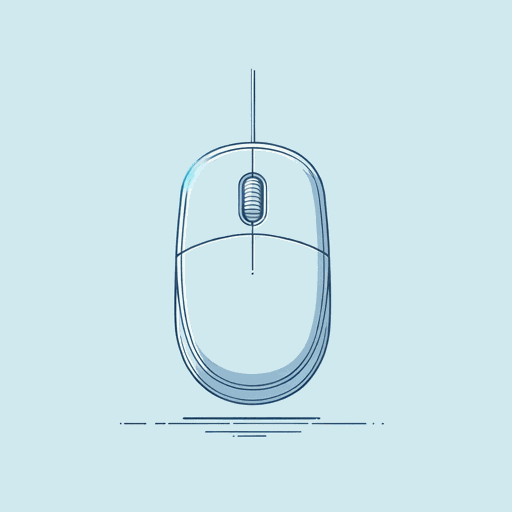41 pages • 1 hour read
Virginia EubanksAutomating Inequality: How High-Tech Tools Profile, Police, and Punish the Poor
Nonfiction | Book | Adult | Published in 2018A modern alternative to SparkNotes and CliffsNotes, SuperSummary offers high-quality Study Guides with detailed chapter summaries and analysis of major themes, characters, and more.
ConclusionChapter Summaries & Analyses
Conclusion Summary: “Dismantling the Digital Poorhouse”
In his last sermon in 1968, Dr. Martin Luther King, Jr., announced the Poor People’s Campaign (PPC). However, this initiative barely got off the ground. After King’s assassination, infighting and government persecution tore apart his organization, the Southern Christian Leadership Conference (SCLC). Eubanks ties this history to her thesis: “Our failure as a nation to rise to King’s 1968 invitation to eradicate racism and eliminate poverty has produced a generation of astonishing, sophisticated technologies that automate discrimination and deepen inequality” (204).
Eubanks believes that a lack of empathy lies at the root of our faulty moral compass with regard to poverty. Although “the best single predictor of adult poverty in America is if you were born poor” (205), American society still associates poverty with laziness, rather than a woeful lack of resources. Eubanks praises the activities of the PPC’s newest incarnation, the Poor People’s Economic Human Rights Campaign (PPEHRC) to counter this, stressing that the strongest tactic is to build empathy by emphasizing storytelling in journalism and research.
Eubanks is hopeful about the possibility of a government-provided universal basic income (UBI); pilot programs are currently underway and showing promising results. However, “the income in these plans is usually so low that, even combined with low-wage work, families would find it difficult to build financial stability for the next generation” (210).
Featured Collections
Books on Justice & Injustice
View Collection
Books on U.S. History
View Collection
Class
View Collection
Class
View Collection
Common Reads: Freshman Year Reading
View Collection
Contemporary Books on Social Justice
View Collection
Equality
View Collection
Political Science Texts
View Collection
Politics & Government
View Collection
Poverty & Homelessness
View Collection
Science & Nature
View Collection
Sociology
View Collection

